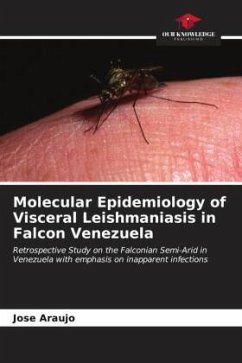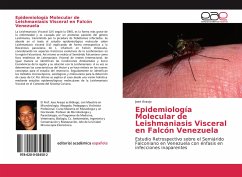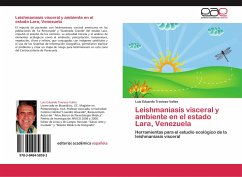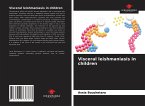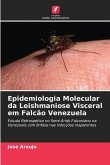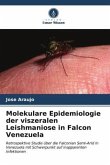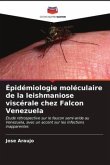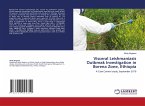Visceral Leishmaniasis (VL), according to the WHO, is the most severe form of the disease and is caused by a protozoan parasite of the genus Leishmania, transmitted by the bite of infected sandflies. The text deals with the molecular epidemiological study of visceral leishmaniasis (VL), explaining retrospectively the parasitic biocenosis of L. infantum in Falcon Venezuela, considering the historical evolutionary aspects of leishmaniasis in the Falconian region. It also evaluates the Falconian Semiarid as an endemic focus of Visceral Leishmaniasis of international interest, and identifies the environmental and socio-economic conditions of the region and their relationship with Leishmaniasis. At the same time, the characteristics of the Vector are determined and emphasis is placed on new concepts for the study of the reservoir. Next, the microscopic, serological and molecular methods for the detection of cases of VL are identified. Finally, the case is explained from a holistic viewpoint through molecular epidemiological studies of Visceral Leishmaniasis in the context of the Corian System.
Bitte wählen Sie Ihr Anliegen aus.
Rechnungen
Retourenschein anfordern
Bestellstatus
Storno

